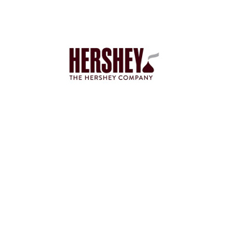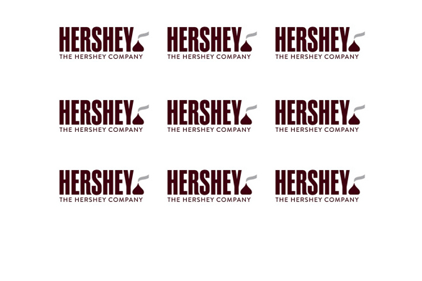The Hershey Company in partnership with Project Peanut Butter, announced that the project’s newest manufacturing facility – located in Kumasi, Ghana -- is now beginning full operation. The new plant will produce Project Peanut Butter’s peanut-based Ready to Use Therapeutic Foods (RUTFs) endorsed by leading NGOs1 as the world’s most effective treatment for severe childhood malnutrition.

|
At full capacity, the plant will be able to produce approximately 20,000 peanut-based RUTFs each day, enough to treat approximately 48,000 children each year. It takes nearly 150 packets to treat one child, and the product has a 95 percent success rate.
Starting in January 2015, Project Peanut Butter will mobilize a traveling clinic in the central region of Ghana to distribute RUTFs to local children. The clinic will be funded through an additional $50,000 contribution from Hershey and its employees through a matching gifts program. Although Ghana is one of the strongest emerging economies in Africa, about 30,000 children suffer from severe malnutrition at any time.
“Hershey’s donation to Project Peanut Butter was the single largest donation we’ve received. While it gave us the freedom to think about ‘what’s possible’ instead of worrying about dollars, the truly invaluable piece has been their employees’ immense passion and willingness to share their food manufacturing expertise with us,” said Dr. Mark Manary, founder of Project Peanut Butter, a pediatrician and a professor of pediatrics at Washington University School of Medicine in St. Louis, Mo. “In just one year we turned an empty, unconditioned warehouse into a U.S.-quality food manufacturing plant. Hershey’s input saved us months if not a year and we are now ready to begin treating children in Ghana,” added Dr. Manary.
Throughout 2014, Hershey sourcing experts have been on the ground working with Ghanaian peanut farmers on better planting and harvesting techniques that will increase productivity and expand Ghana’s peanut crop for the long term.
“Sustained food security is a key element in helping foster long-term economic growth in Africa,” said The Hershey Company’s CEO John P. Bilbrey. “One of our goals for this project is to help Ghana build its peanut farming industry to ensure strong, reliable sources of locally grown peanuts. This will not only provide a steady source of peanuts for the Project Peanut Butter plant, but will also pave the way for the future production of additional peanut-based foods and nutritional supplements for Ghana.”
Project Peanut Butter will seek to source its ingredients in country as well as hire and train local Ghanaians to work in the factory, supporting the local economy and providing good job opportunities. Hershey’s support of Project Peanut Butter emanates from Hershey’s vision of encouraging the private sector to use its distinct expertise and financial resources to invest in the continued development of Africa, a region with untapped potential that is important to the entire world.
